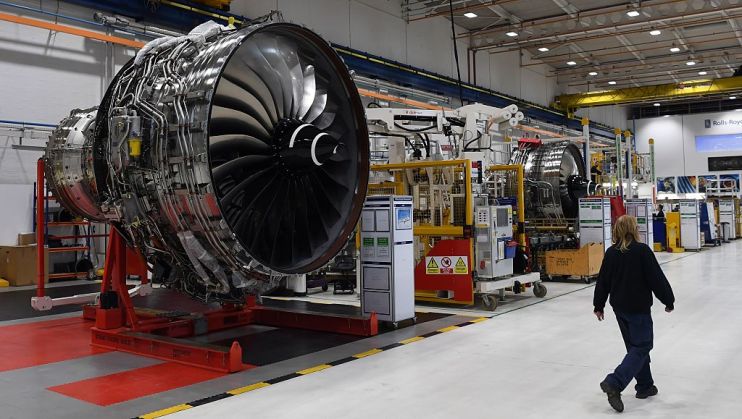Reinvigorating the regions is crucial for the whole of our country

The Prime Minister had victory to savour on holiday in Mustique, and when he returned foreign policy was very much top of the agenda, with the escalating tensions between Iran and the US.
But if Boris Johnson is to remain in power for a decade, he must not take his eye off the ball domestically — and that means delivering for those who voted Conservative in the Midlands and the north.
If the Tories’ pro-Brexit policy showed that the party was in-step with these voters culturally, it is investment that will demonstrate it is also aligned with them socio-economically.
At present, the UK is uncomfortably London-centric, with economic output per head in the capital 70 per cent above the national average. This decoupling of London from the rest of the country is concerning. In an attempt to reverse it, the UK2070 Commission, headed by former head of the Civil Service Lord Kerslake, has called for a national renewal fund and a plan akin to Germany’s post Cold War reunification strategy.
Central to any such blueprint is infrastructure investment. Fortunately, the government appears to understand this. A change to Treasury rules to encourage capital expenditure in areas outside the south east is expected ahead of the Spring Budget.
At present, the focus is on overall economic benefit to the country, as opposed to whether investment will improve wellbeing in a particular area or reduce regional inequality. This favours areas that are heavily populated and already economically vibrant, notably London.
There is now a clear electoral incentive for the Conservatives to change the rules and invest in the regions. West Midlands mayor Andy Street, who is up for re-election in May, wants an extension of the tram line between Birmingham and Wolverhampton and £1.5bn to fund the UK’s first gigafactory to build electric car batteries.
Then there’s the large chunk of the £100bn that the chancellor has already earmarked for infrastructure over a five-year period, expected to be invested in the north and include a £39bn fast rail line between Liverpool, Hull and Newcastle.
So far, so good. But if Johnson wants to “level up” prosperity, investment in education and skills is also vital. Two thirds of secondary schools teaching the most disadvantaged children are in the north, with white working-class boys in former industrial towns performing worst academically. Tackling this gap should be a major area of focus for the government.
Finally, there’s an opportunity to think creatively — which Downing Street already appears to be doing.
Over Christmas we heard of plans for a new scientific research agency to be located in the north. Along with a promised £800m for R&D and the potential expansion of free ports to encourage inward investment into certain regions, this is all part of a vision for a rebalanced country.
The creation of an enlarged business department combining international trade and inward investment with a regional bent will also focus the minds of all who work in Whitehall.
If the centre of economic gravity moves outwards, beyond the capital, the voices of those who have been ignored for so long will have begun to be heard. Far from being to London’s detriment, the country as a whole will be the better for it.
Main image credit: Getty